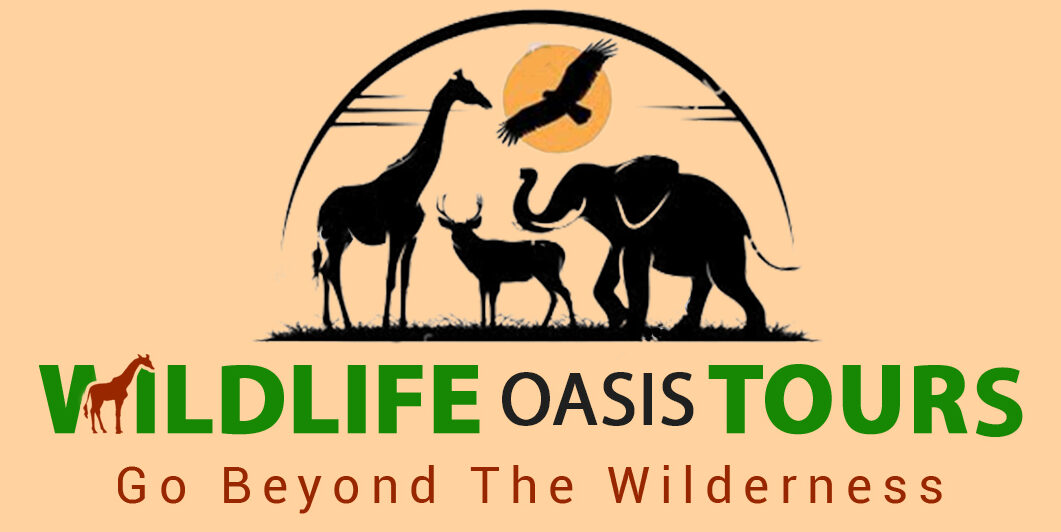Mount Kilimanjaro Proffecional Guides
Introduction
Climbing Mount Kilimanjaro is a dream for many, but reaching the summit of Africa’s highest peak requires the expertise of skilled, professional guides. A successful, safe, and enjoyable Kilimanjaro experience is largely shaped by the knowledge and support of experienced guides who know the mountain’s terrain, weather patterns, and unique challenges. Here’s what you need to know about Mount Kilimanjaro professional guides, why they’re essential, and how to choose the best guiding team.
Why Professional Guides are Essential for a Kilimanjaro Climb
- Safety and Navigation: Kilimanjaro’s diverse landscapes, unpredictable weather, and high altitudes make it a challenging climb. Professional guides are trained in handling altitude sickness and emergency protocols, ensuring your safety from start to summit.
- Expert Knowledge of the Terrain: Kilimanjaro has seven main climbing routes, each offering unique scenery, altitude gains, and difficulty levels. Professional guides know these routes well and can select the best path based on your experience, fitness level, and goals.
- Encouragement and Motivation: The climb to Kilimanjaro’s summit can be mentally and physically demanding. Having professional guides who provide motivation, encouragement, and a steady pace significantly improves your chances of reaching the top.
- Assistance with Climbing Logistics: From setting up camps to managing meals and supplies, guides handle logistics so you can focus solely on the climb.
- Environmental Awareness and Cultural Insights: Professional guides share knowledge of Kilimanjaro’s unique ecosystems, wildlife, and local Chagga culture, enhancing your experience and fostering respect for the environment.
How to Choose a Kilimanjaro Guide
When selecting Mount Kilimanjaro professional guides, consider the following:
- Experience and Certification: Look for companies and guides who are certified through reputable organizations like Kilimanjaro National Park or are members of Kilimanjaro Porters Assistance Project (KPAP). Certifications and experience ensure that guides are knowledgeable about high-altitude safety.
- Good Reviews and Reputation: Read client reviews on platforms like TripAdvisor and Google. A company with positive feedback and a solid reputation often reflects professional and dedicated service.
- Guide-to-Climber Ratio: The ideal ratio is typically one guide for every two to three climbers, ensuring that each hiker receives personal attention, especially in case of altitude sickness or other needs.
- Ethical Practices and Fair Wages: Choosing companies that treat guides and porters fairly is crucial. Ethical companies provide fair wages, proper equipment, and food, contributing to the welfare of local communities and the overall quality of the service.
- Customized Itineraries: Look for companies that offer flexible itineraries, which allow for acclimatization and personalized paces—key factors in increasing summit success rates.
Kilimanjaro Tour Costs: What to Expect
- Guided Tour Costs: Guided tours to Kilimanjaro vary based on route, duration, and season. Generally, a well-organized guided tour costs between $1,500 to $4,000 per person. This includes park fees, guide fees, permits, accommodations, and meals during the trek.
- Additional Costs for Training and Preparation: Preparing for Kilimanjaro requires physical training and possibly altitude acclimatization hikes. Training costs depend on the chosen regimen and fitness level, ranging from $200 to $1,000.
- Quality of Service and Value for Money: Remember that lower prices may indicate compromised service quality. Companies that charge higher fees often provide better equipment, experienced guides, and comprehensive safety measures.
Tanzania Solo Safari: A Reliable Choice for Kilimanjaro Guides
For those seeking expert guidance and high-quality service, Tanzania Solo Safari stands out as a reputable operator offering some of the best Mount Kilimanjaro professional guides. With experienced guides, fair wages for all crew members, and a strong commitment to sustainable and ethical tourism, Tanzania Solo Safari provides a trustworthy and rewarding climbing experience. Their guides are well-versed in Kilimanjaro’s diverse routes and offer extensive knowledge about the mountain’s unique flora, fauna, and ecosystems, enriching every step of the journey.
What to Expect from Professional Guides on Kilimanjaro
- Pre-Climb Briefings and Preparation: Professional guides conduct pre-climb briefings to discuss what to expect each day, advise on acclimatization tips, and review safety protocols.
- Supportive and Culturally Enriching Experience: Besides safety and logistics, professional guides often introduce climbers to local cultures and customs, enriching the experience by sharing stories about Kilimanjaro’s significance to the Chagga people and the mountain’s surrounding communities.
- 24/7 Monitoring for Health and Safety: Professional guides are equipped to monitor climbers for altitude sickness and adapt the climb’s pace to match your fitness level, prioritizing safety at every altitude.
The Journey with Mount Kilimanjaro Professional Guides
A climb to Mount Kilimanjaro’s summit is a journey of resilience, strength, and awe. Partnering with skilled, responsible, and supportive professional guides makes all the difference in achieving your goal while respecting the mountain’s environment and people. With the help of dedicated teams like Tanzania Solo Safari, climbers can confidently tackle this remarkable challenge and enjoy an experience that’s both thrilling and meaningful.

One Comment